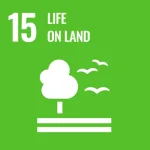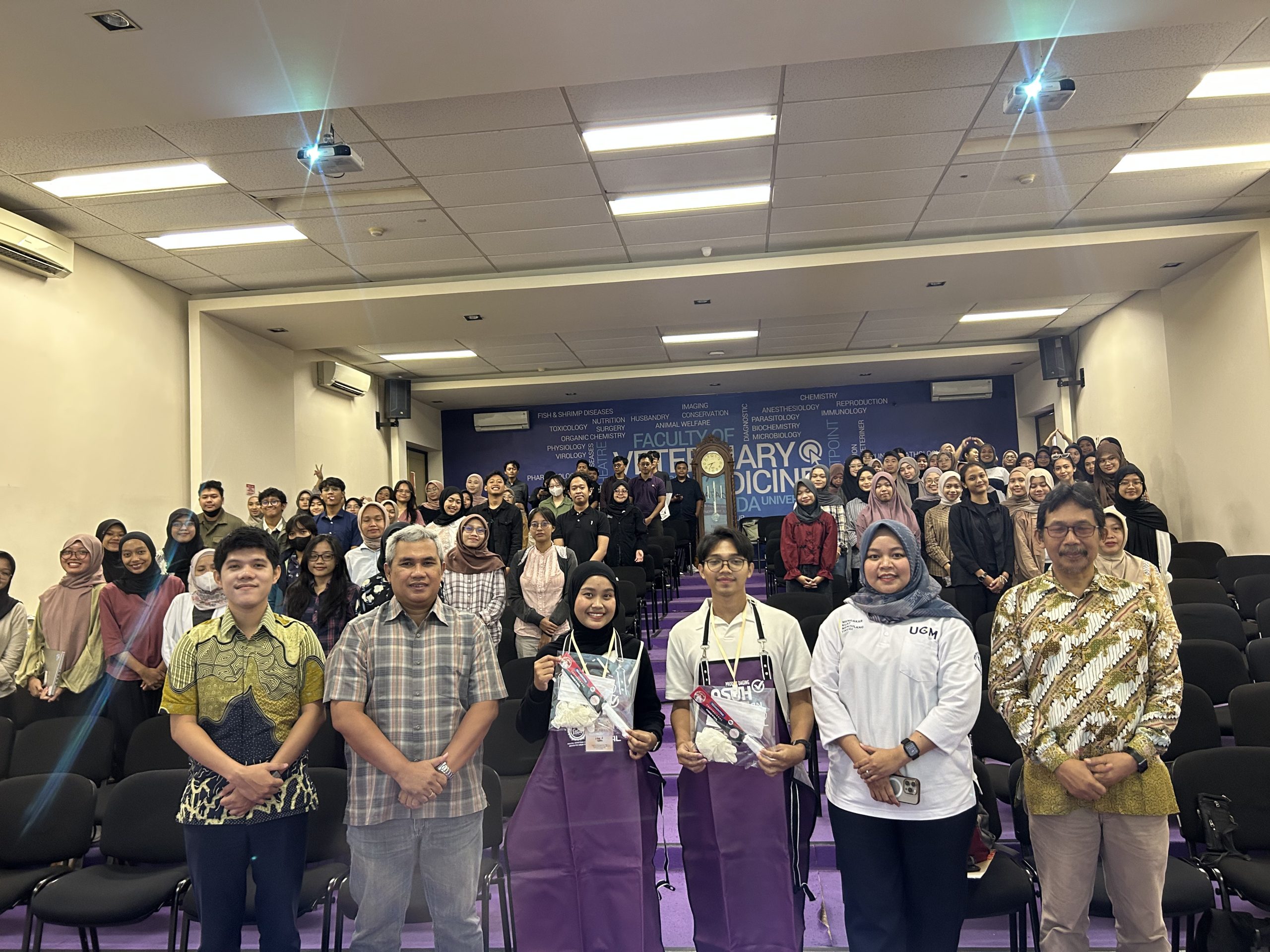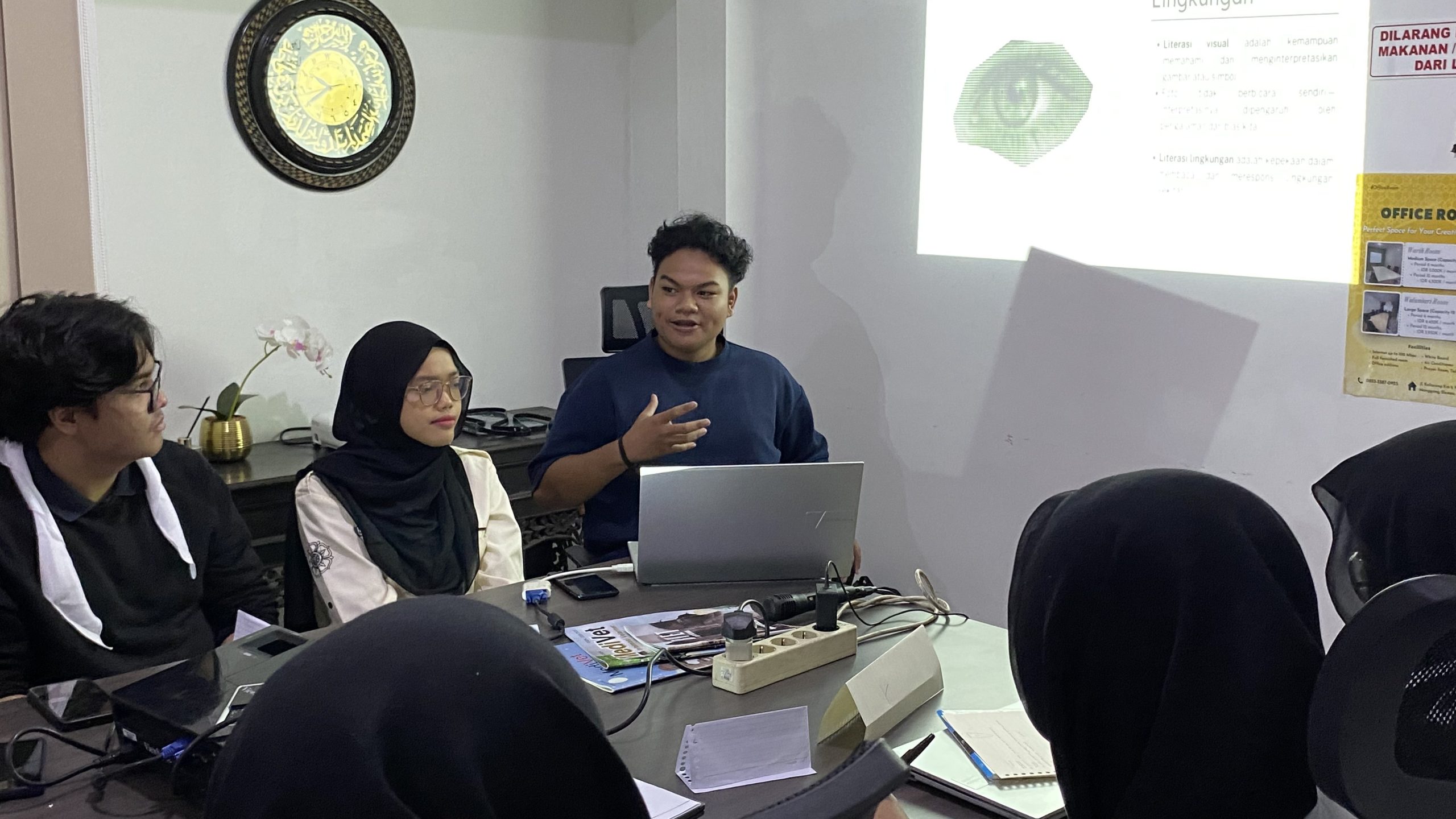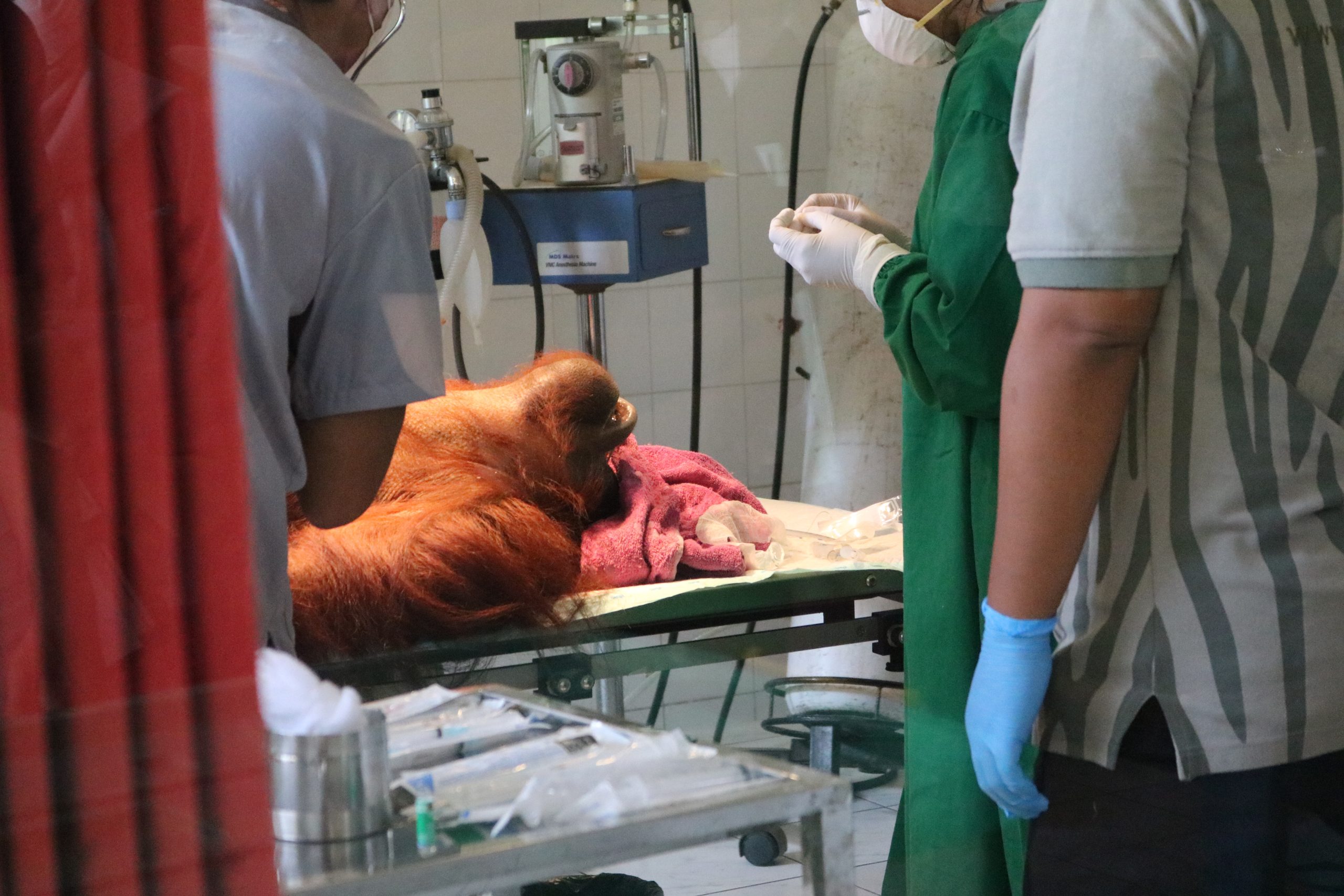A total of 203 fourth semester students of the Faculty of Veterinary Medicine, UGM took part in field activities as part of the practicum for Veterinary Epidemiology and Economics course at Kapanewon Pakem, Sleman. This activity was organized by the Veterinary Public Health Department, in order to support the implementation of the Sustainable Development Goals (SDGs), namely SDG 4, Quality education, in collaboration with Pakem Community Health Center, Sleman Regency Agriculture, Food and Fisheries Service.
This field practicum is slightly different from the usual practicum in laboratories, classes or stable facilities owned by Faculty of Veterinary Medicine, the Animal Health Education and Training Unit (UP2KH). In this occasion, students are supervised directly by the veterinarians at the Pakem Health Center, drh. Gigih Bawono and 22 practicum assistants who are the 6th semester students. Furthermore, students were divided into small groups, and spread across 22 hamlets in Kapanewon Pakem, Sleman.
This field practicum is also a concrete form of follow-up to the collaboration between FoVM UGM and the Indonesia-Australia Red Meat and Cattle Partnership (IARMCP) in applying enriched learning materials for animal disease investigation. This practicum material itself is a combination of lecture material with material from the Ministry of Agriculture and FAO ECTAD Indonesia which is aimed to prepare veterinarians who are ready to handle endemic and epidemic cases including emerging diseases in the field. This also supports two more of the sustainable goals, such as number 3 Good Health and Well-being, and number 15 Life on Land.
The aim of this field activity is to give students the opportunity to practice conducting surveys in the context of active LSD surveillance by meeting directly with breeders and observing the condition of the animals and the surrounding environment. Students are expected to have direct experience so that when they have to investigate a disease, they already had an idea on how it could be done. As stated by the practicum lecturer, Dr. Roza Azizah Primatika, S.Si., M.Si, Saturday, 4 May 2024.
This activity received a positive response from one of the farmers. “This activity is good, young students can learn to increase their confidence when interacting with breeders, so that when they become veterinarians, they won’t be nervous anymore,” said Supari, one of the breeders in the Sedyo Mulyo livestock group, Kadilopo village. Apart from that, Ridwan, one of the students, admitted that he was happy with this kind of field activity, because he can boost his soft skills as a future veterinarian who will work amongst society.
tags: veterinary medicine, veterinary epidemiology, SDG 4: Quality Education, SDG 3: Good Health and Wellbeing, SDG 15: Life on Land









